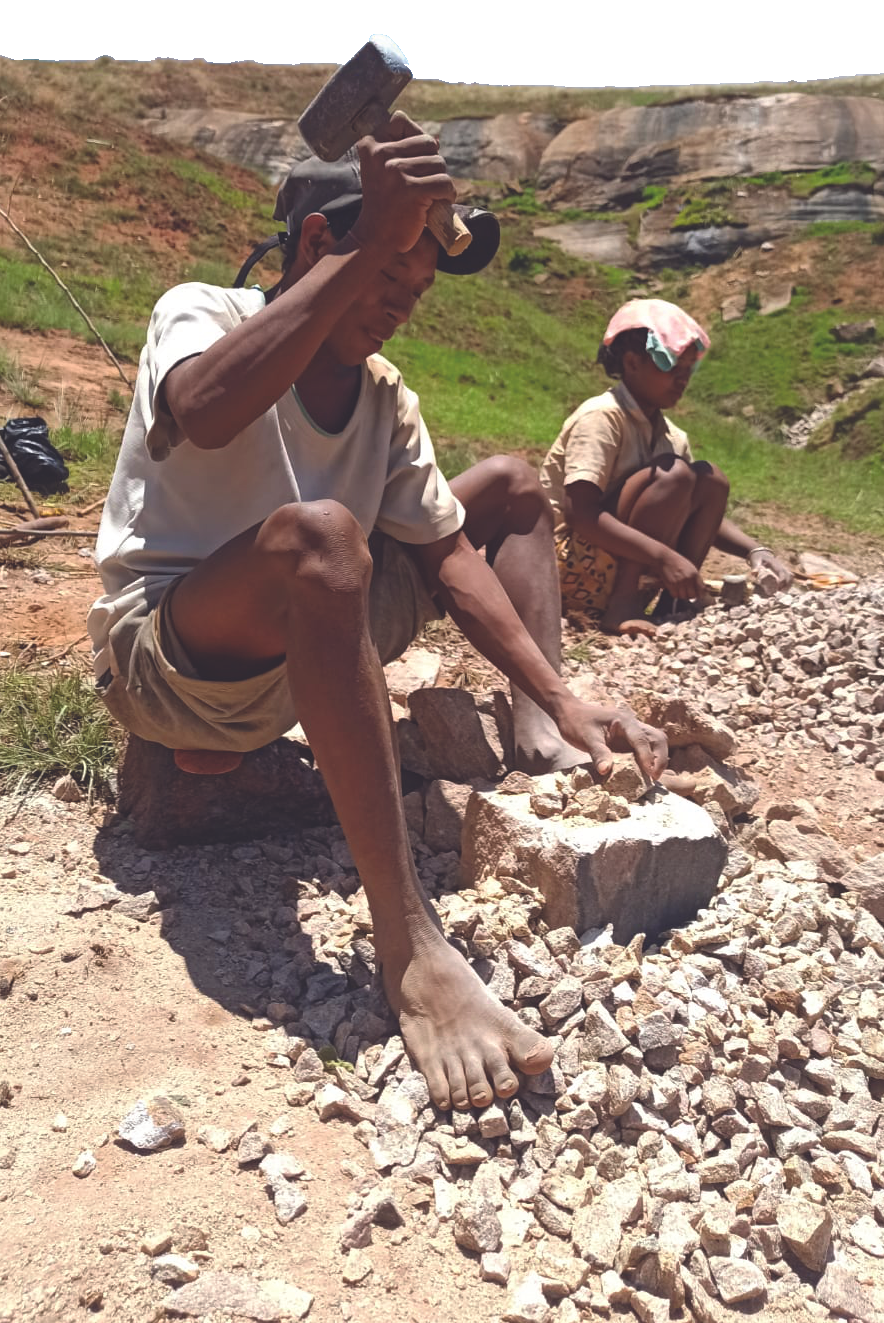Education and Non-Profit Impact in Madagascar
- Tendro Tondrasoa
- Apr 17, 2024
- 2 min read
Updated: Nov 12, 2024

Madagascar’s education system is grappling with a severe lack of funding and support, which places an enormous burden on families and communities overall. Over 80% of Madagascar’s population lives on less than $1 a day (89 cents, according to the World Bank's official report). This poverty indicator paints a general picture of the challenges faced by many communities in the country, where resources are limited, government support is rare, and external help is almost nonexistent. Despite these challenges, parents are still required to contribute financially to their children’s education. In fact, they are responsible for covering about 40% of the educational costs, which include teacher salaries through cash contributions, food products, and daily utilities. This financial strain significantly impacts the education system’s efficacy, as only about one-third of children enrolled in primary school complete the five-year cycle.
At the elementary school level, the low completion rate reflects broader systemic issues such as inadequate facilities, insufficient teacher training, and prevalent poverty, where children are often sent to school hungry. Yet, parents offer their land to build schools, teachers walk or ride bicycles from distant towns to keep the school open, and children show resilience, seizing any possible opportunities for their education. Across Africa, access to quality education is recognized as a crucial gateway to development. Educated individuals are more likely to improve their economic circumstances, exhibit better health outcomes, and engage actively in the democratic process. In Madagascar, the situation is no different. By investing in education, especially in underserved areas, we are not merely teaching children to read and write; we are equipping them with the tools to build a better future for themselves and their communities.
As someone who went through the same public education system in Madagascar as I describe above, I ponder the role of non-profit organizations in educating Madagascar’s children. I know that the current state of Madagascar’s education system demands urgent and comprehensive reform. Inadequate facilities and insufficiently trained teachers are just symptoms of a larger issue that requires substantial intervention. For instance, we need to address poverty, which continues to hinder progress and trap families in a cycle of hardship that education has the potential to break.
Non-profit organizations can and should significantly contribute to the development and enhancement of public education systems in developing countries such as Madagascar. Often, non-profit efforts focus on infrastructure development (building schools, libraries, offices, etc.), resource provision (educational materials and financial support), and emergency responses when a school is impacted by a natural disaster. As I see it, non-profits should extend their role beyond financial assistance, furthering capacity building for teachers to ensure educational quality and accessibility for all. Non-profits should advocate for policy changes at the government level, where policies often lack an understanding of the local context. Lastly, non-profits should connect experts in education with communities to design better indoor and outdoor learning spaces or extension programs for children and the entire community. I envision elementary schools as spaces for community learning and engagement.


Comments